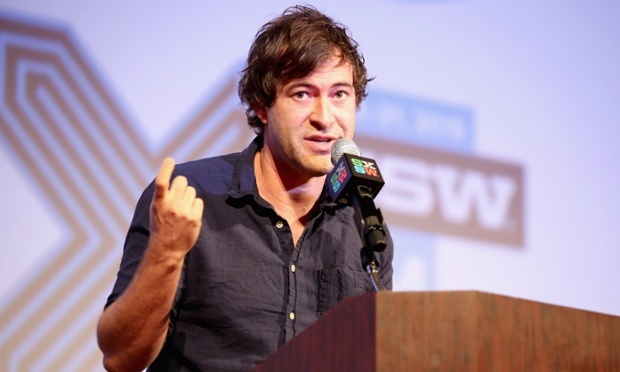If you’re going to invest your time into something that you really want to do, do it with full force. No more half measures.

Many people are guilty of this. Heck, I’m guilty of it. You want to pursue something but you’re so worried in the process of doing it that you don’t give it your all. You’re so caught up in hanging out with friends, looking busy, and focusing on menial things that you never get around to actually doing the thing you want to do.
Let’s say you want to keep a blog. You write a few posts but you never really promote it or comment on other blogs to build an audience. Writing a book may be on your bucket list. Although you never get around to doing it. The common excuse for putting it off is “Oh, I don’t have any time.”
Is there a reason for this? Why do people give an okay performance to something they’re passionate about doing? Why do people put off something they’re passionate about doing?
Example time. During NaNoWriMo (National Novel Writing Month) in November, a lot of people talk about writing a novel. They start, get 5,000 or 15,000 words, then stop. They don’t intentionally stop. It just sort of happens. They’re self critic is so loud, it drowns out the voice that got them starting in the first place.
I was guilty of this for so long as I wrote my novel. I would be writing, get a lot done, then think “Oh, this is crap, why am I doing this?” or “People have already written a book similar to this, so why am I even trying?”.
Last year I discovered a year-long project a recent college graduate was doing called A Year of Productivity. I loved the site because of how much he put into it. Productivity experiments have been doing countless times by people, yet the content he provided on his site was so refreshing. You know why? Because he was putting his perspective on it, looking at the subject from a new light, and most importantly, putting his own voice into the website.
This year I read a book called The Quarter Life Breakthough. It discusses the topic of millennials who might be having a quarter-life crisis and are on the search for meaningful work. The content of the book was thought-provoking and made me question the priorities I have in life. I loved the discussion points the author made and the exercises he gave.
In the book the author points out how he doubted writing the book because others told him “it’s already been written about a million times”. He didn’t give in to their opinions and continued writing. Since it’s release, the book has been pre-ordered in 38 countries and been featured on Fast Company, Huffington Post, Thought Catalog, Under 30 CEO, and The Washington Post. He’s been speaking on various college campuses and bookstores across the country.
If he had given into what people said about how the type of book had “already been written a million times” then none of the press and coverage would have happened. If you have something you’re really passionate about starting and doing, do it, and don’t give in to the noise of others. Don’t stop because of the outcome people might predict you will have.
Also, if you’re keen on doing something, then try to do it whenever you have free time. If you want to play guitar, learn how to do photography, knitting, riding a unicycle, or whatever, then invest as much time as you can into doing it. You see, many people that are crazy passionate about doing something don’t read a ton of productivity articles, or schedule exactly 30 minutes to their passion project. They work on it as much as they can.
Ksenia Anske, a self-published author, finished a draft of her new book Corners in 20 days (20 days!!). That’s dedication. Now you don’t need to do exactly what she did, but understand her work ethic.
 If you’re going to start on something, do it with full force. If you only put a fraction of your dedication into it, people will notice. No more half-measures. Mike Ehrmantraut (from TV show Breaking Bad) would agree. Now go forth and invest large in what you want to do. A few things to get you going:
If you’re going to start on something, do it with full force. If you only put a fraction of your dedication into it, people will notice. No more half-measures. Mike Ehrmantraut (from TV show Breaking Bad) would agree. Now go forth and invest large in what you want to do. A few things to get you going:
—Next time you procrastinate and put off what you’re thinking about doing, write a journal to yourself. In the journal, write about why you decided not to get started, what you can do better, and what you plan to do to improve.
—I’ve seen this is in a post by The Muse, ask yourself these six questions everyday:
- Did I work towards my goals today?
- What bad habits do I need to stop?
- What motivated me today?
- Have I been the kind of person I want to be?
- What mistakes did I make today, and what can I learn from them?
- What am I grateful for today? (three things)
Your answers to the questions doing have to be super long, they can just be two or three sentences. The point is to do it so you become more aware of yourself and the time you use. Now get started on the the think you want to do!


